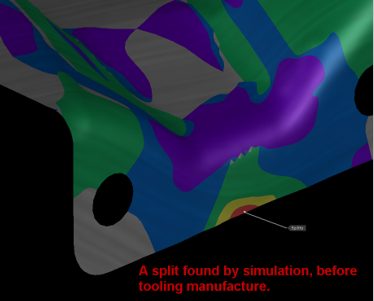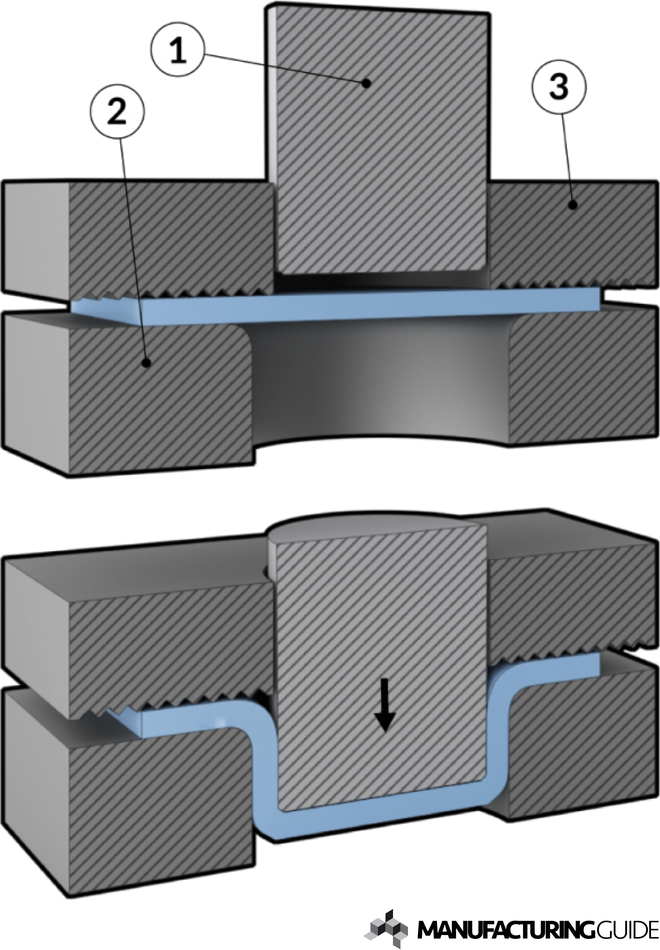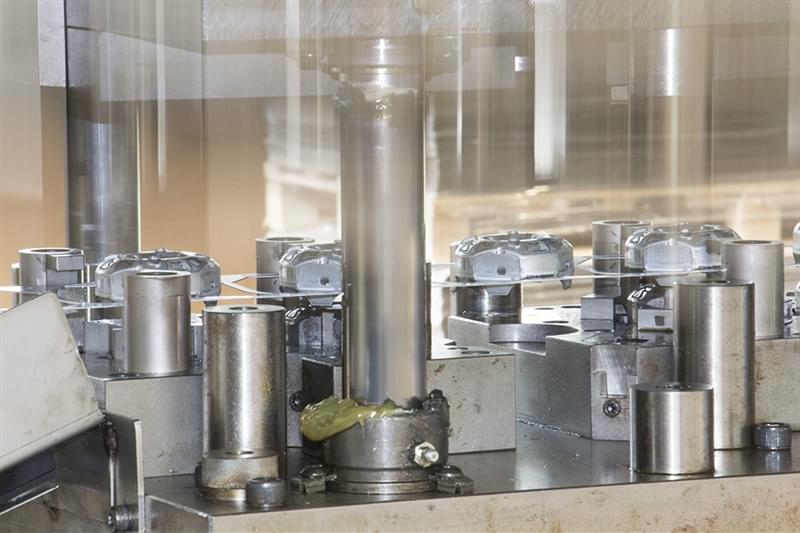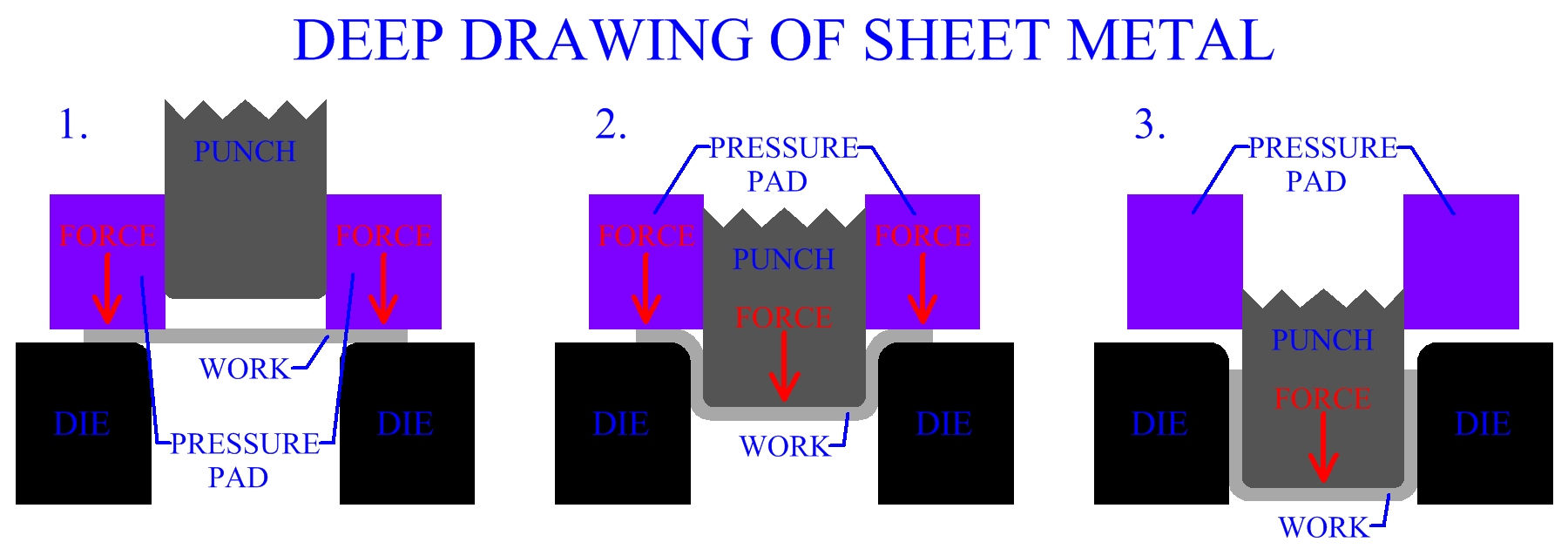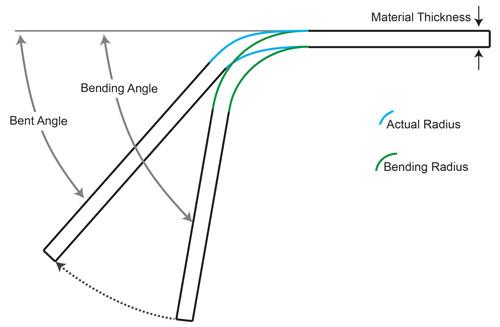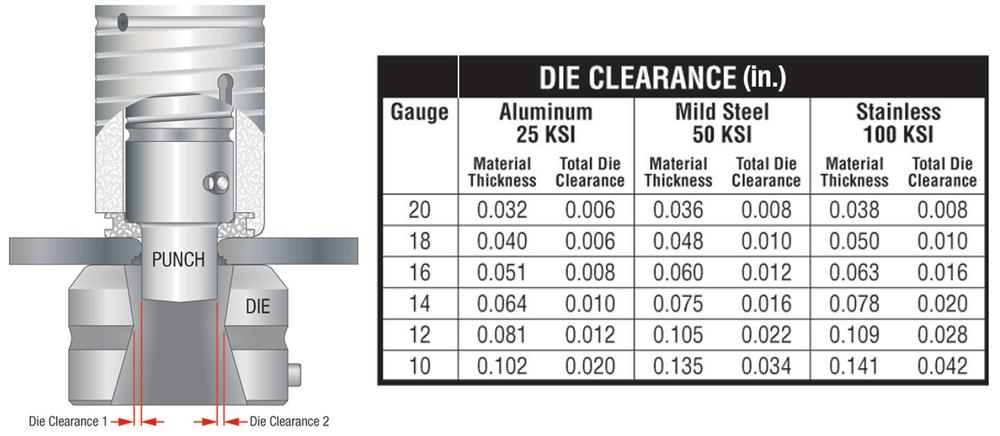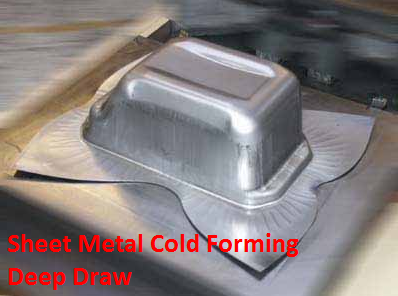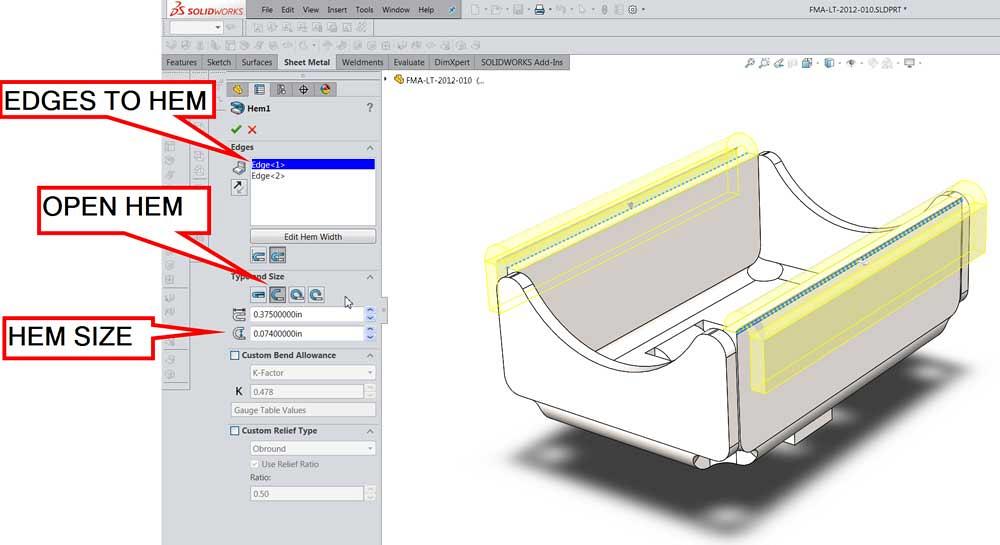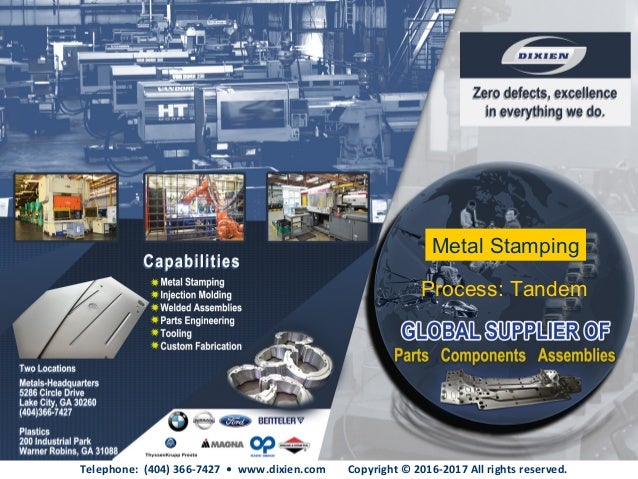Defects In Sheet Metal Stamping Process

Choosing the wrong size blank under estimating the number of forming tools required or encountering an unexpected wrinkle or split can be very costly if only discovered during first physical tool tryout.
Defects in sheet metal stamping process. Dynamic defects are process related and are caused by the forming process. The most common sheet metal stamping defects are also the easiest to predict using advanced simulation software such as autoform. A great amount of time is therefore spent during the product development process on the optimization of surface defects particularly surface lows during tryout. One is the improper handling another one is the elasticity of sheet metal forming materials.
Metal stamping is a cold forming process that makes use of dies and stamping presses to transform sheet metal into different shapes. These defects are corrected simply by cleaning the die or tool surface before stamping. For example cracking and necking commonly occur when formability of the deformed sheet material is limited. Sheet metal stamping defects list sheet metal stamping.
Dissecting defects part i the fabricator. Sheet metal forming simulation is a technology that calculates the process of sheet metal stamping predicting common defects such as splits wrinkles springback and material thinning. Pieces of flat sheet metal typically referred to as blanks is fed into a sheet metal stamping press that uses a tool and die surface to form the metal into a new shape. The sheet metal forming parts will collide with the surrounding objects in the process of raw material inventory manufacturing and shipping.
Icass stamping defect correction sheet metal. There are two reasons behind this defect. What are some of the possible defects in drawn sheet metal. Also known as forming simulation the technology is a specific application of non linear finite element analysis.






